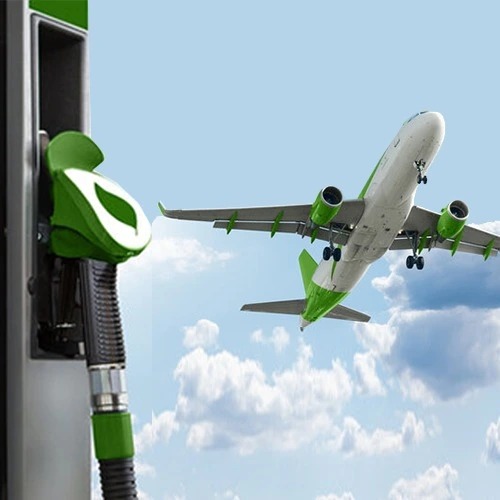The Philippines is taking a major leap toward sustainable aviation by laying the groundwork for large-scale production and use of Sustainable Aviation Fuel (SAF). With a wealth of agricultural waste feedstock, the country is poised not only to meet its domestic jet fuel demands but also to emerge as a potential SAF exporter, reported The Manila Times.
During the 2025 Sustainable Aviation Fuel (SAF) Forum on February 28, the Department of Transportation (DOTr) underscored its commitment to aviation decarbonization. “By fostering innovation and partnerships, we are paving the way for the Philippines to become a leader in SAF production and usage,” the agency said in a statement.
SAF, produced from renewable sources, can reduce carbon emissions by up to 80% compared to conventional jet fuel and is viewed as a key lever for reducing the aviation industry’s environmental footprint.
The Philippines’ partnership with global aerospace firm Boeing is expected to deliver economic dividends, including job creation and technology transfer. Boeing Southeast Asia President Penny Burtt said the Philippines has sufficient agricultural waste to meet all its jet fuel needs, aiding the global effort to achieve net-zero aviation emissions by 2050.
The SAF Forum highlighted crucial enablers to scale up SAF adoption, including clear regulatory frameworks, financial incentives, reliable feedstock supply, and skilled workforce development.
A report by the Roundtable on Sustainable Biomaterials, backed by Boeing, indicated that Southeast Asia could supply roughly 12% of global SAF demand. The Philippines, along with Indonesia, Thailand, Vietnam, and Malaysia, makes up nearly 90% of the region’s total SAF feedstock capacity.
To support the country’s SAF roadmap, the forum also saw the launch of the Island Skies Alliance, a new international coalition aimed at building a localized SAF ecosystem in the Philippines, from raw material sourcing to airline supply.
However, industry experts cautioned that the shift to SAF could drive up travel costs. SAF investor and aviation specialist Tina DiCicco pointed to Singapore’s planned sustainable fuel levy starting in 2026, which may increase ticket prices by $1 to $16. Singapore also intends to mandate a 1% SAF blend for all departing flights from 2026, with targets rising to 3–5% by 2030.
Despite these potential cost implications, the Philippines’ move toward green aviation is seen as both timely and strategic—aligning with regional efforts and global climate goals.
For detailed information and further insights, please refer to BioEnergyTimes.com, which provides the latest news about the Sustainable Aviation Fuel Industry















